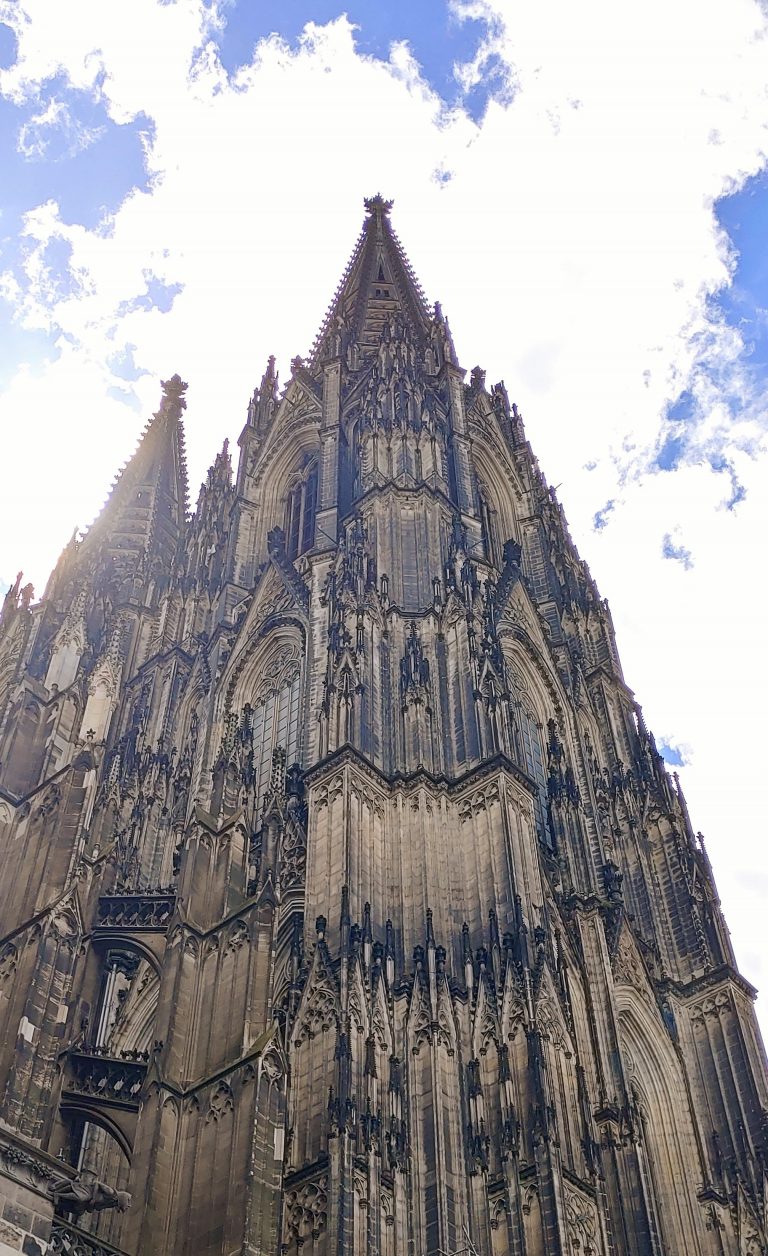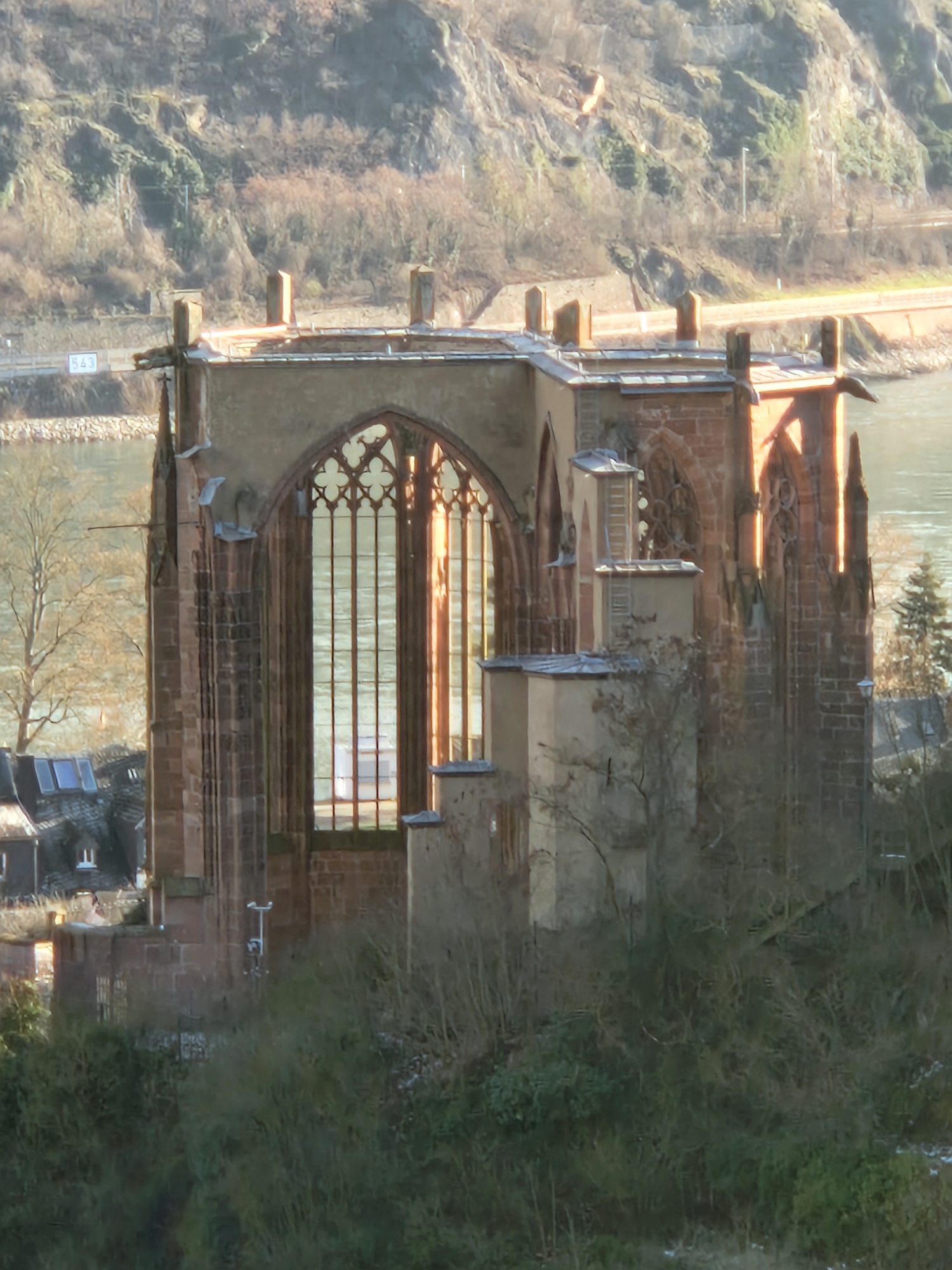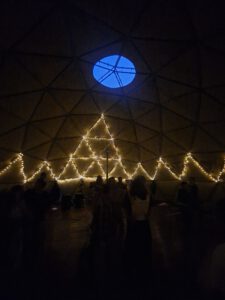Ad Majorem Dei Gloriam (For the Great Glory of God).
Motto of the Society of Jesus
Der Mensch schuf Gott nach seinem Bilde (Man created God in his own image).
Ludwig Feuerbach
I only wish the theologians would accept the Kabbala and India and China as well, so as to proclaim still more clearly how God reveals Himself. If in the process Christianity should be revitalised up to a point, this would be ad majorem Dei gloriam and would do no harm to Christian doctrine.
Carl Gustav Jung
You are a child of God. Your playing small does not serve the world. There is nothing enlightened about shrinking so that other people won’t feel insecure about you. We were born to manifest the glory of God that is within us.
Marianne Williamson
A rather `other-worldly´ memory re-surfaced recently during my contemplations; it was that of me as an eight-year-old writing the letters `AMDG´ on the top left corner of every new page of my foolscap copy books as I filled them at the Jesuit junior school I had just begun to attend.
The school buildings at `The Crescent´ were of Georgian design and struck me as both solemn and portentous. The Crescent is an extension of the main thoroughfare in Limerick City now called O‘Connell Street; this entire ensemble of buildings had originally been commissioned in 1765 by Edmund Sexton Perry, an Anglo-Irish politician, a member of the English ruling class that controlled Ireland until independence in 1921. Perry, a local aristocrat, was one of the most influential politicians of his day; he served as Speaker of the (British-controlled) Irish House of Commons between 1771 and 1785.
The smell of freshly waxed parquet floors intermingling with the culinary fragrances from the kitchens in the subterranean levels impressed etched itself on my memory, when I had occasion to visit the Jesuits’ offices and rooms on the far side of the incorporated church which divided school classrooms from living quarters.
What about this `AMDG´? I can never remember being instructed as to its meaning and, as one of the first years not to take Latin and Greek, we were probably overlooked in this respect. All I knew was that the letters had to appear on each new page; otherwise, there would be trouble.
`For the greater glory of God´- what appears to have been behind this concept and what does it mean to me today? The Society of Jesus (known as the Jesuits) was founded by Ignatius of Loyola and six companions with the approval of Pope Paul III in 1540. By that time, the Catholic church had a firm view of its image of God. It was an exclusive image, meaning that no other options were to be tolerated. Indeed, the church was orchestrating and firmly engaged in the rape and plunder of any culture, and busy burning people at the stake in its own, who refused to accept this version.
What found its way into my mind was the image of an old male personae, a punitive God with a booming deep voice and a long beard, who could see in real time, and took note of, every sin and saintly act committed, adding them up meticulously in a heavy ledger. On the occasion of our death, the accumulated data would then serve as the input for the decision as to our destination; everlasting hell, heaven, or for those close to the tipping point, purgatory, where eons of hellfire would cleanse our souls to the point that they would then qualify for heaven. There was also a territory called `limbo´, a type of `Niemandsland´ where the souls of the pitiable unbaptised would linger aimlessly unto eternity…..
I was a good student and had this down to a T by the age of nine, so any discussion of the greater glory of such a God would probably heave been pointless in any case. Let it suffice to say that we were taught that God, and by default, his messengers – our teachers, were always right and we were to be grateful for the mere opportunity to make his, and their acquaintance (or something to that effect).
Of course, I have long ditched this image of God. It wasn’t easy, with all the loyalty consequences with respect to family and culture and the pre-primed fear of stepping beyond the pale. In the years after leaving school, I got desperate enough in my own derailment to have to reassess many things, and this business of God (or god) was among them.
My image of god is not a personal image, but rather that of a quality of energy. `My religion is love´, says the Dali Lama. I agree, and believe that this energy pervades every aspect of the manifest universe. The destructive, the dark, the sin, if you like to put it that way, is the concealment of this life-affirming energy behind layers of fear-driven material created by us mortals. `If you wake up one day´, says the early medieval mystic Meister Eckhart, `and find there is a chasm between you and God, you can be sure that you are the one who has moved away´.
To glorify this energy, or even the existence of this energy; that appears to me to be the task at hand. It begins with opening up our hearts to the beauty and awe-some-ness of the manifest universe; the dawn, the pitter-patter of the rain upon the skylight, the unfurling of wild rose flowers in late May, the smile in the eyes of a beloved, the stars at night.
It expands beyond this to the realisation that, as manifest beings, we are granted not only the gift of life but also the choice of consciously accepting it and the associated task of co-creators; called upon to explore, discover, and live our own creativity to the full. Dancing, singing, gardening, writing, sculpting, painting, serving; the list could be extended ad Infinium.
Now we are in the territory of celebration. A good example is to be found in the emergence of the medieval cathedrals in Europe from the 13th Century onwards. As often is the case, two or more innovations are combined to break new ground. In this case there was the breakthrough in statics in what we would call today civil engineering, allowing structures of much greater height and weight to be built. This was combined with advances in glass manufacturing, which led to the advent of large stained-glass windows of hundreds of square feet, or more. The cathedrals are therefore a kind of kaleidoscope, a playful demonstration of human advancement to celebrate the glory of God.
Yesterday I had the privilege of spending an hour inside Cologne Cathedral. The bright, blustery conditions outside made it an ideal day to enjoy the play of sunlight streaming from a high angle through the windows. The effect was exhilarating, almost overwhelming. I stood there, transfixed in awe, fully immersed in the energies, and filled with a deep sense of gratitude for the sheer fact of being alive.
That is perhaps the kind of thing that Ignatius of Loyola and his six companions originally had in mind.






